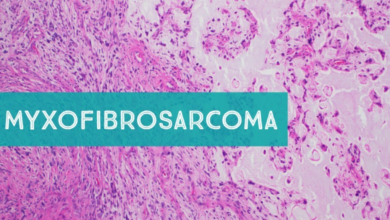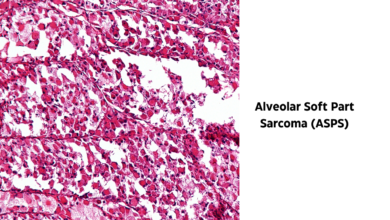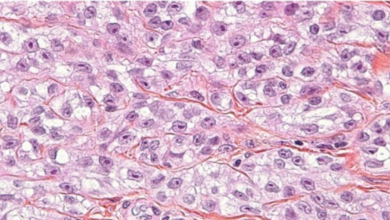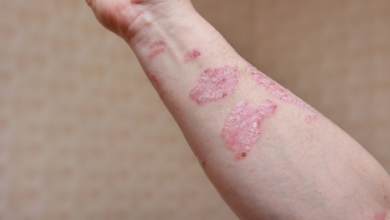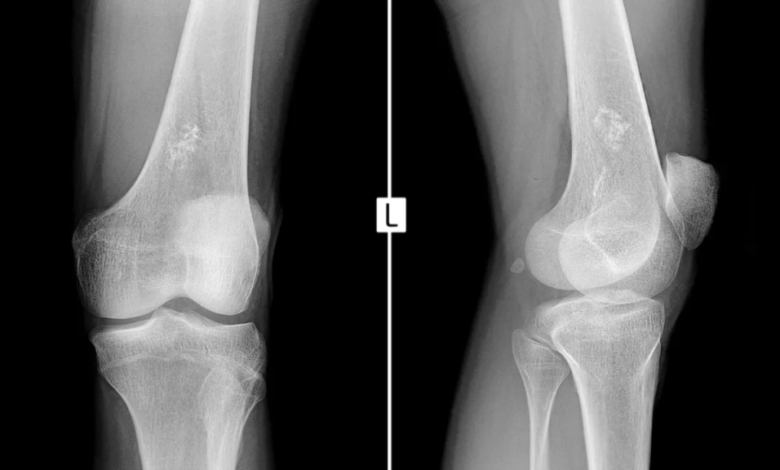
What is Ewing Sarcoma?
Ewing sarcoma is a rare type of cancer that primarily affects bone or soft tissue, often in children and young adults. It originates from a specific type of cell found in bone and soft tissue.
Types of Ewing Sarcoma
While there aren’t distinct subtypes of Ewing sarcoma, it can occur in various locations, including:
• Bone: Commonly affects the bones of the arms, legs, pelvis, or spine.
• Soft tissue: Can occur in various soft tissues, such as the chest, abdomen, or extremities.
Symptoms of Ewing Sarcoma
Symptoms of Ewing sarcoma can vary depending on the location of the tumor. Common symptoms include:
• Persistent bone pain
• Swelling or mass near the affected area
• Limited range of motion in the affected joint
• Fever
• Weight loss
• Fatigue
Causes of Ewing Sarcoma
The exact cause of Ewing sarcoma is unknown. However, it’s believed to be linked to a specific genetic mutation that affects a type of cell called a neural crest cell.
Who Can Suffer from Ewing Sarcoma?
Ewing sarcoma primarily affects children and young adults, typically between the ages of 5 and 30.
Diagnostic Tests for Ewing Sarcoma
To diagnose Ewing sarcoma, a doctor may use a combination of tests, including:
• Physical exam: To check for any lumps or masses.
• Imaging tests: X-rays, CT scans, MRIs, and PET scans can help determine the size and location of the tumor.
• Biopsy: A tissue sample is removed from the tumor and examined under a microscope.
Stages of Ewing Sarcoma
Ewing sarcoma is typically staged based on the extent of the disease and whether it has spread to other parts of the body. The American Joint Committee on Cancer (AJCC) staging system is commonly used.
Treatment of Ewing Sarcoma
The treatment for Ewing sarcoma depends on the stage and location of the tumor. Common treatment options include:
• Chemotherapy: To kill cancer cells throughout the body.
• Radiation therapy: To kill cancer cells in a specific area.
• Surgery: To remove the tumor and affected tissue.
Diet and Ewing Sarcoma Prevention
While a healthy diet cannot directly prevent Ewing sarcoma, it can support overall health and strengthen the immune system. Here are some general dietary recommendations:
• A balanced diet: A diet rich in fruits, vegetables, and whole grains can help.
• Limit processed foods and sugary drinks: These can contribute to weight gain and other health problems.
• Maintain a healthy weight: Obesity is linked to an increased risk of certain cancers.
Overall Survival Rate of Ewing Sarcoma
The overall survival rate for Ewing sarcoma varies depending on factors such as the stage of the cancer, the location of the tumor, and the patient’s response to treatment. While advancements in treatment have improved outcomes, it remains a serious condition. Early detection and aggressive treatment are crucial for a better prognosis.
Doctor to Consult
An orthopedic oncologist or a pediatric oncologist is the best doctor to consult for Ewing sarcoma.
Diseases Associated with Ewing Sarcoma
Ewing sarcoma is not directly associated with other specific cancers. However, certain genetic factors may increase the risk of developing this type of cancer.
How to Prevent Ewing Sarcoma
While there’s no guaranteed way to prevent Ewing sarcoma, maintaining a healthy lifestyle can reduce the risk of certain factors that may contribute to the disease:
• Limit exposure to radiation and certain chemicals: Exposure to these substances can increase the risk of certain types of cancer.
• Maintain a healthy weight: Obesity is linked to an increased risk of certain cancers.
• Regular check-ups: Regular check-ups can help detect any abnormalities early on.
• Healthy lifestyle: A healthy lifestyle, including a balanced diet and regular exercise, can help boost the immune system.


